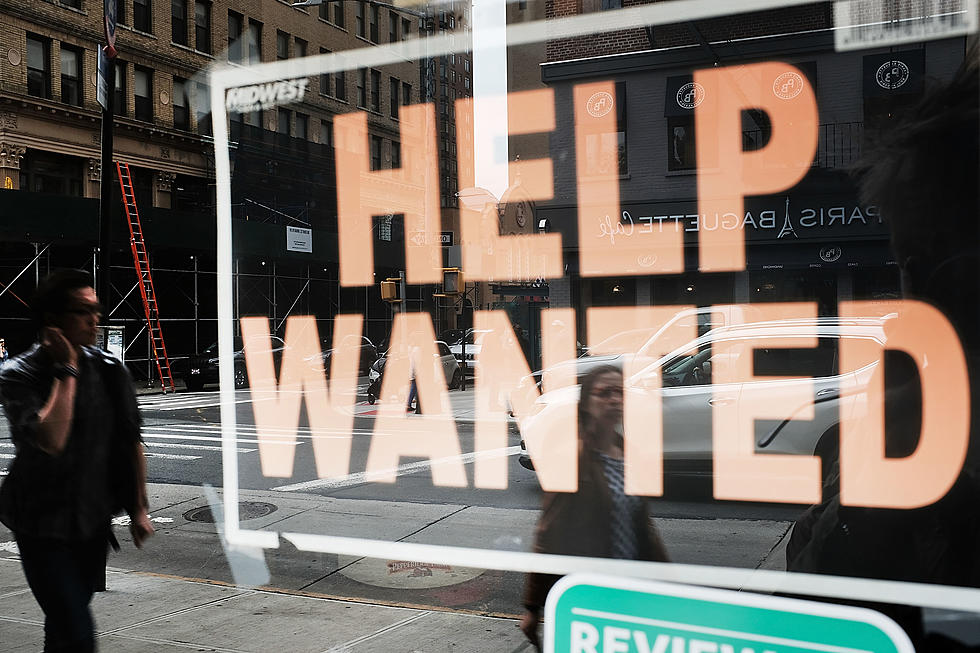Is US Trade Deficit with China Hurting NJ jobs?
New Jersey is losing jobs. Since 2001, 92,000 New Jersey jobs were either displaced or have been completely eliminated because of the growing U.S. trade deficit with China, according to a study by the Economic Policy Institute.
Those lost jobs equate to 2.2 percent of the Garden State's total workforce. Most of the jobs lost were in manufacturing.
Nationally, according to the report, 3.2 million U.S. jobs have been eliminated or displaced, 2.4 million of which were in manufacturing. Some of the biggest losses occurred in Texas, New York, California, Illinois, Florida, Ohio, Georgia and Pennsylvania.
But one New Jersey economist questions the report.
"In economic analysis, you always have to avoid attributing cause and effect - where what may be going on is coincidence," said Patrick O'Keefe, the director of economic research at CohnReznick. "To look at one country and say its trade imbalance with us is the cause of the decline in jobs is to simplify to the point of being simplistic."
He pointed out there has been a long-standing trade imbalance with China, and blaming significant job loss on that doesn't really make sense.
"The jobs that were lost might have gone to other countries. They would not have stayed in New Jersey because it wasn't cost-effective to produce that good or service in New Jersey. Some of those jobs, perhaps a good proportion of them, wouldn't exist at all because they are not paying enough in other economies, maybe even in China," O'Keefe said.
There are a lot of things at play, according to O'Keefe, and some of them may have been caused by domestic policies or the allocation of resources. "When we look at net jobs and deficits, we're looking at very big numbers, which are the result of a large number of very small actions and very small impediments or benefits."
O'Keefe said having a significant trade deficit is not a good thing because it means the country is running up a debt to the rest of the world.
"We're consuming more than we're producing, and in order to do that we are sending IOUs overseas. Eventually that can erode the vibrancy of our economy because we're not investing as much here as we would want to," O'Keefe said.
This type of trade imbalance can cause our economy to slowdown. "But it's slowing down not because of something being done by those who are selling to us, but rather by ourselves having imposed costs and rigidities on our economy," O'Keefe said.
More From 92.7 WOBM










